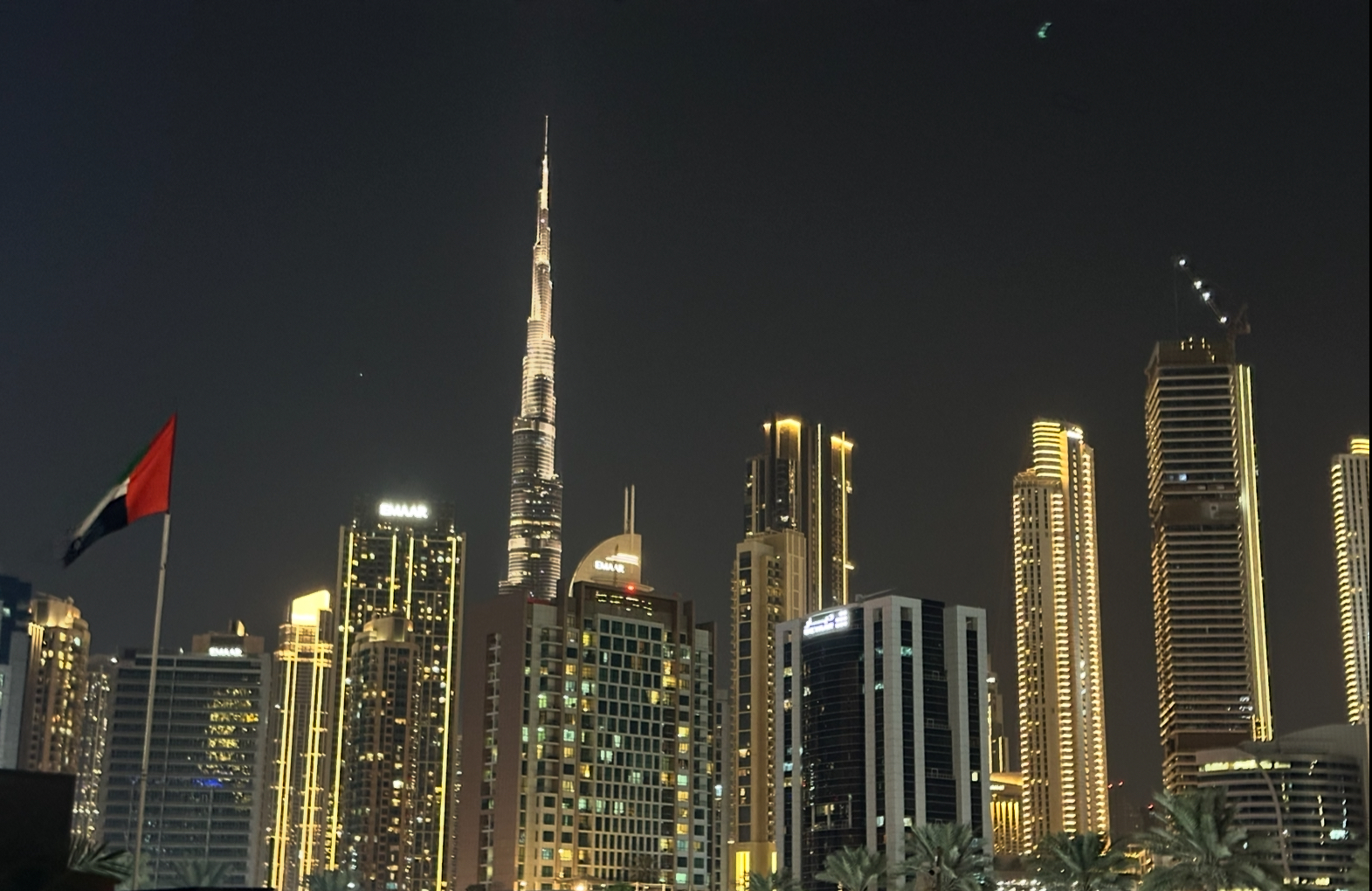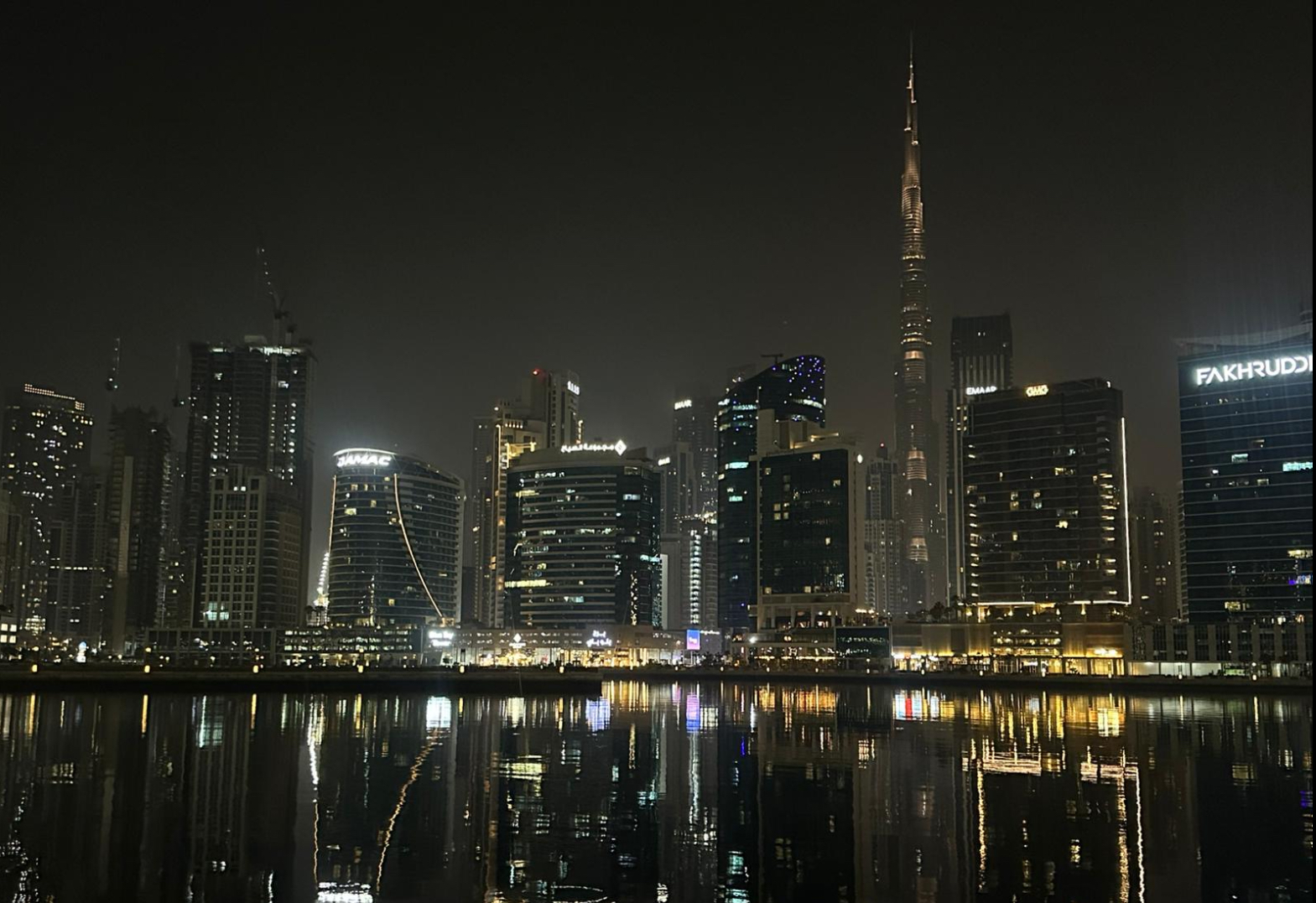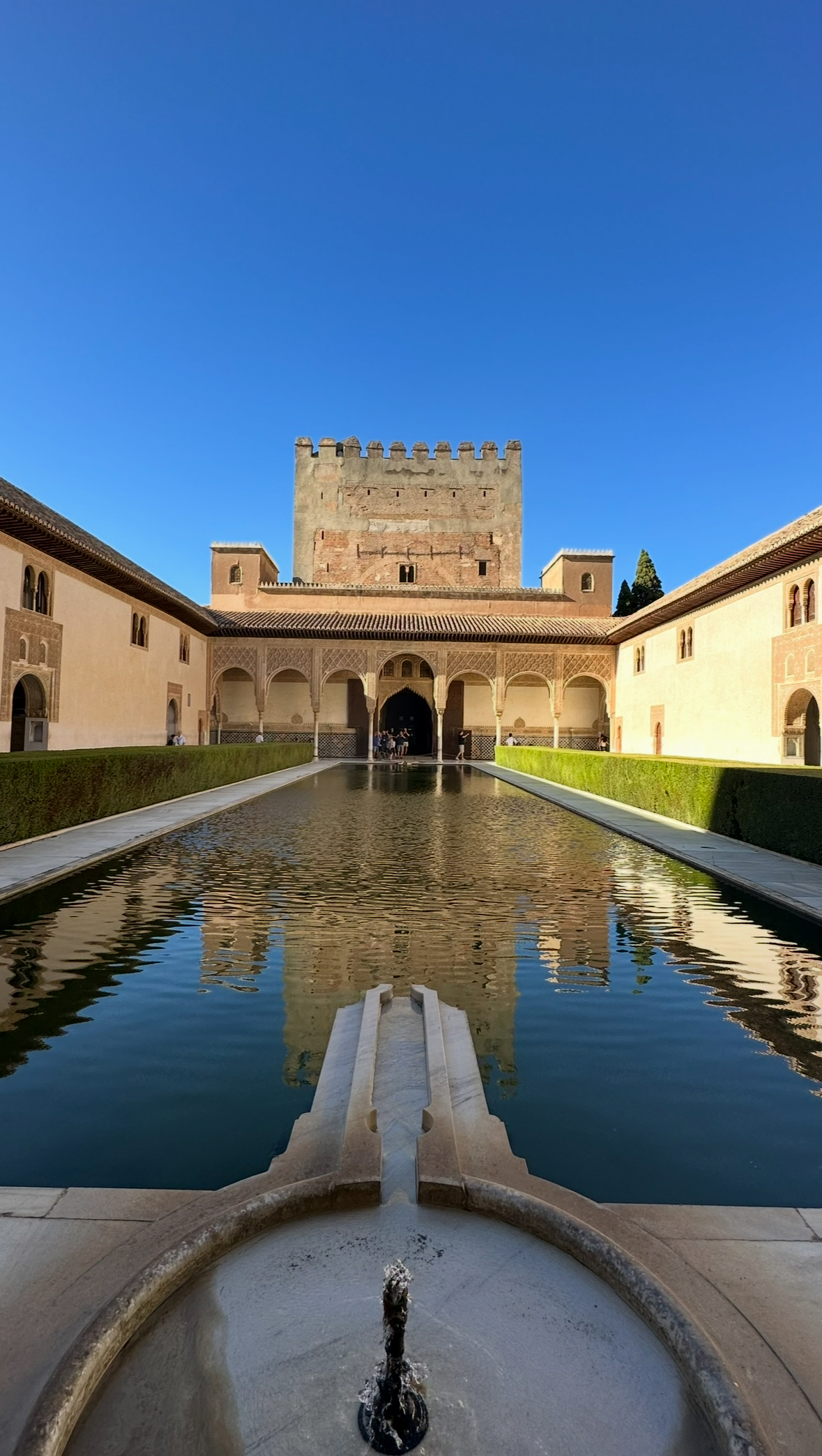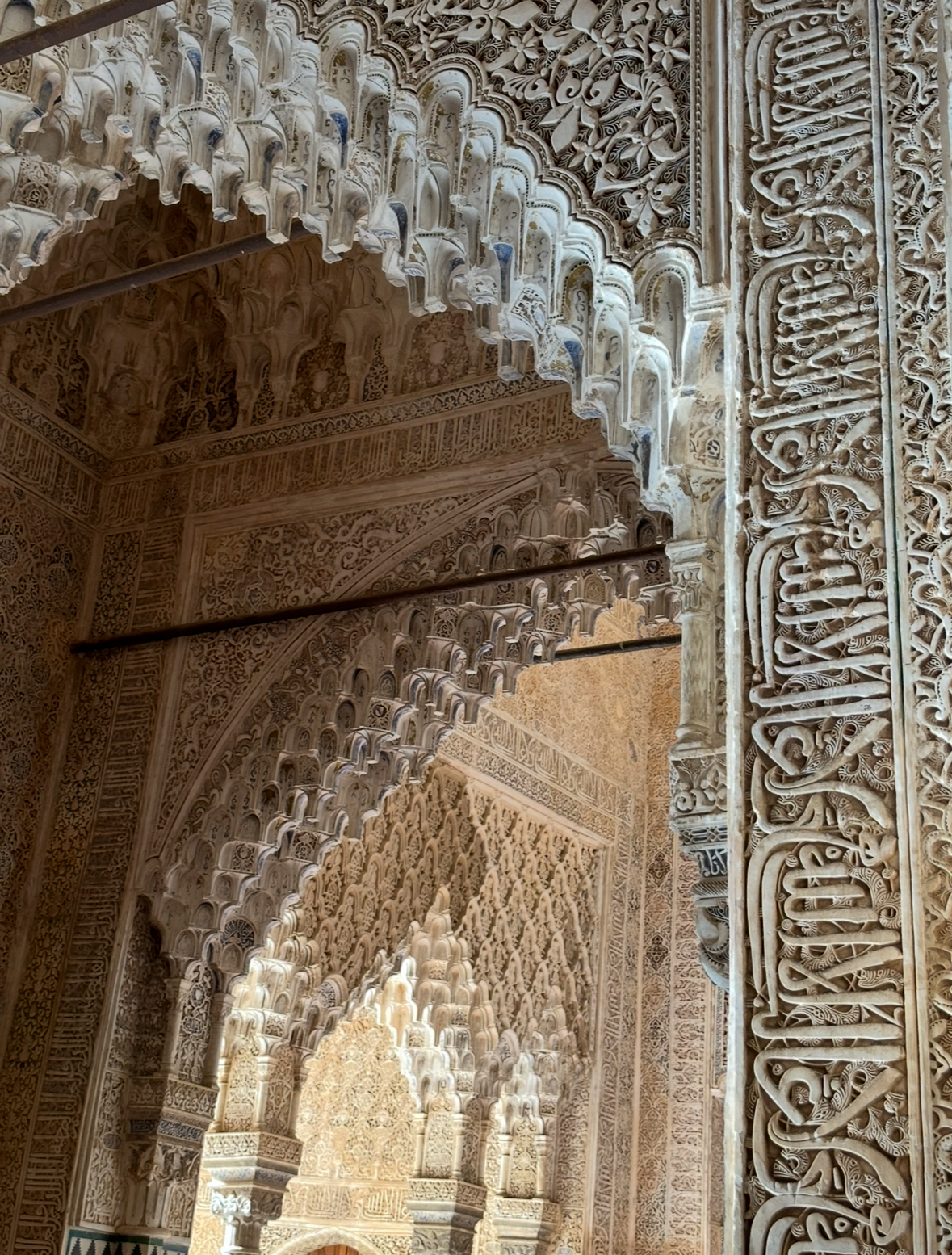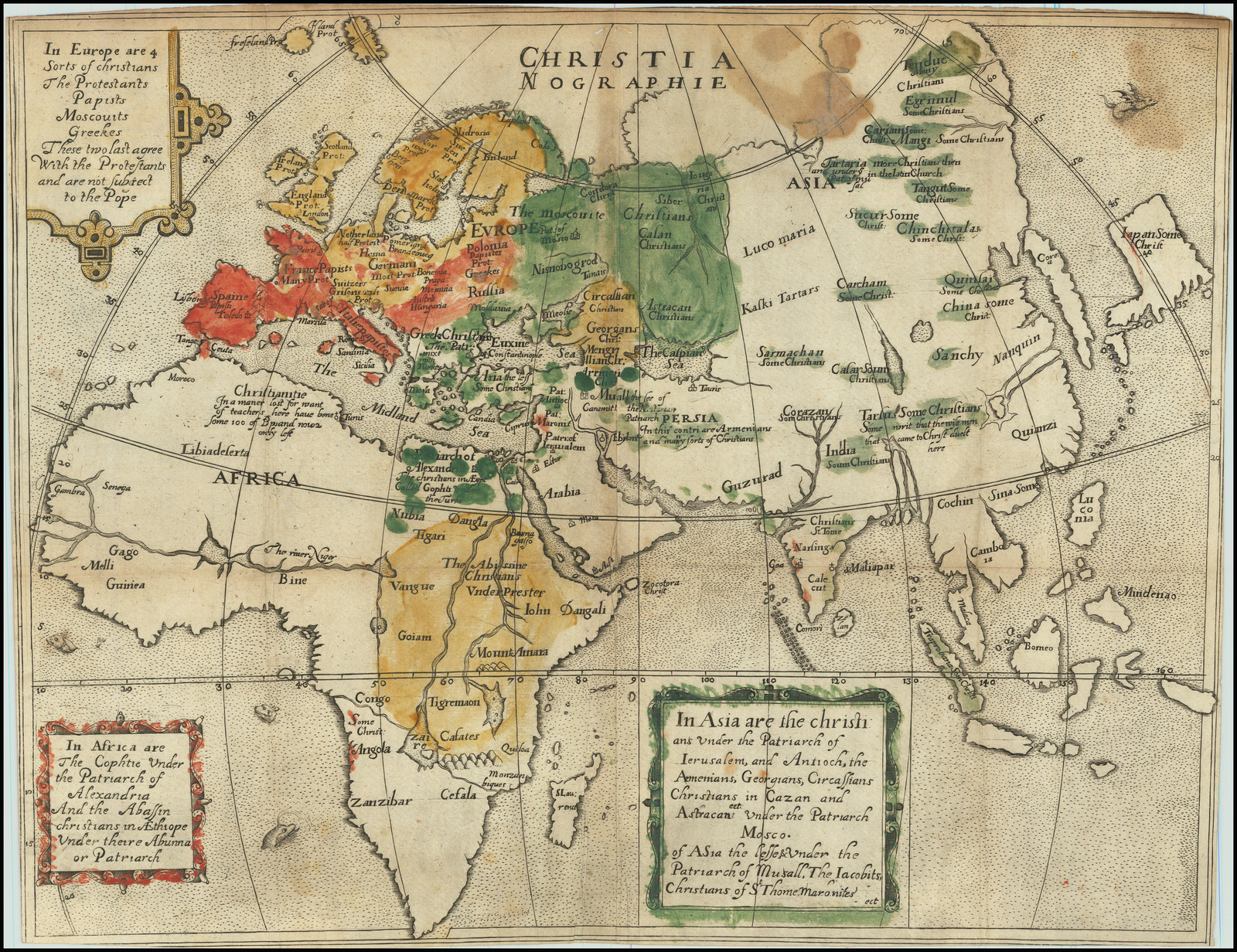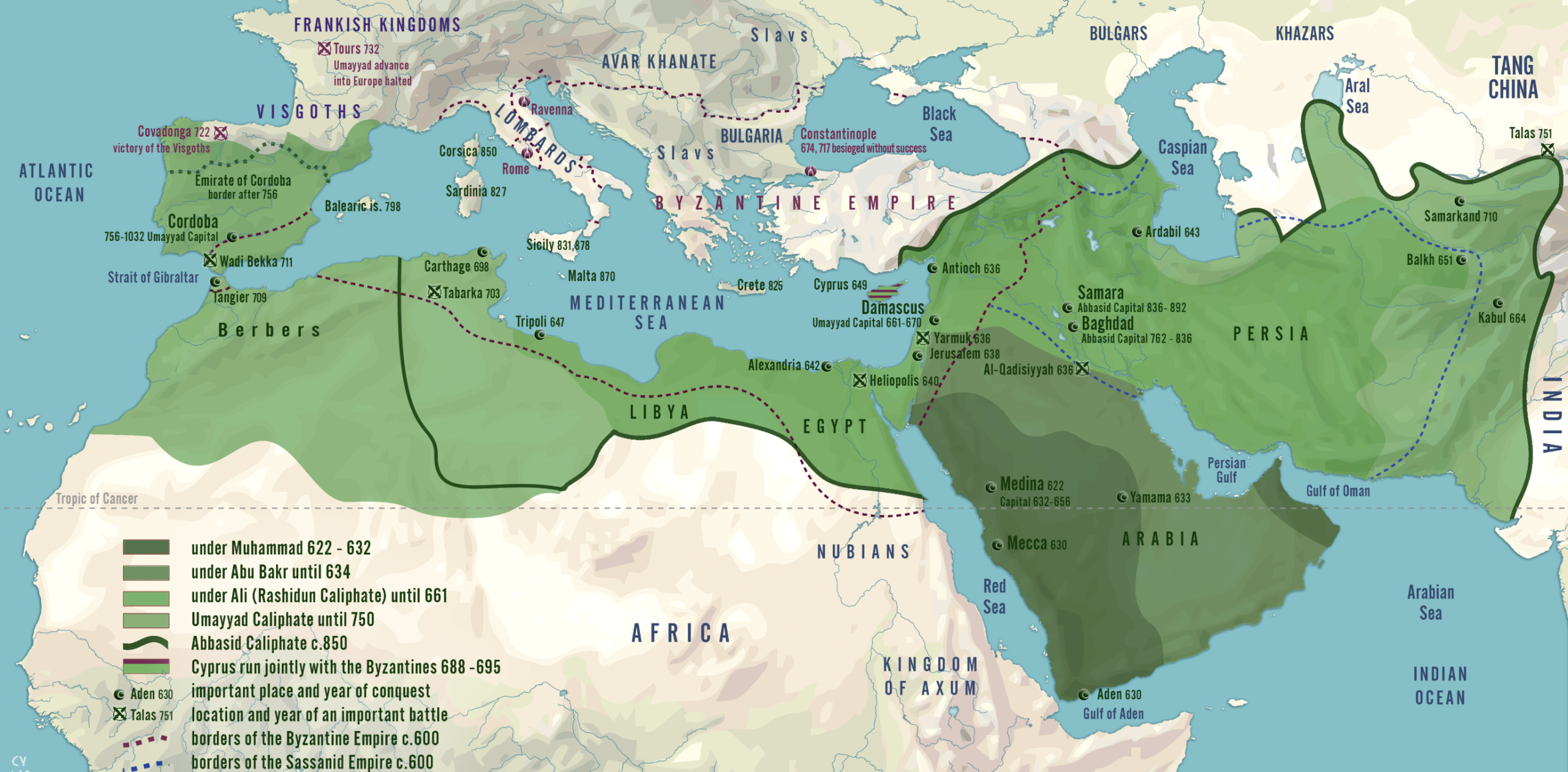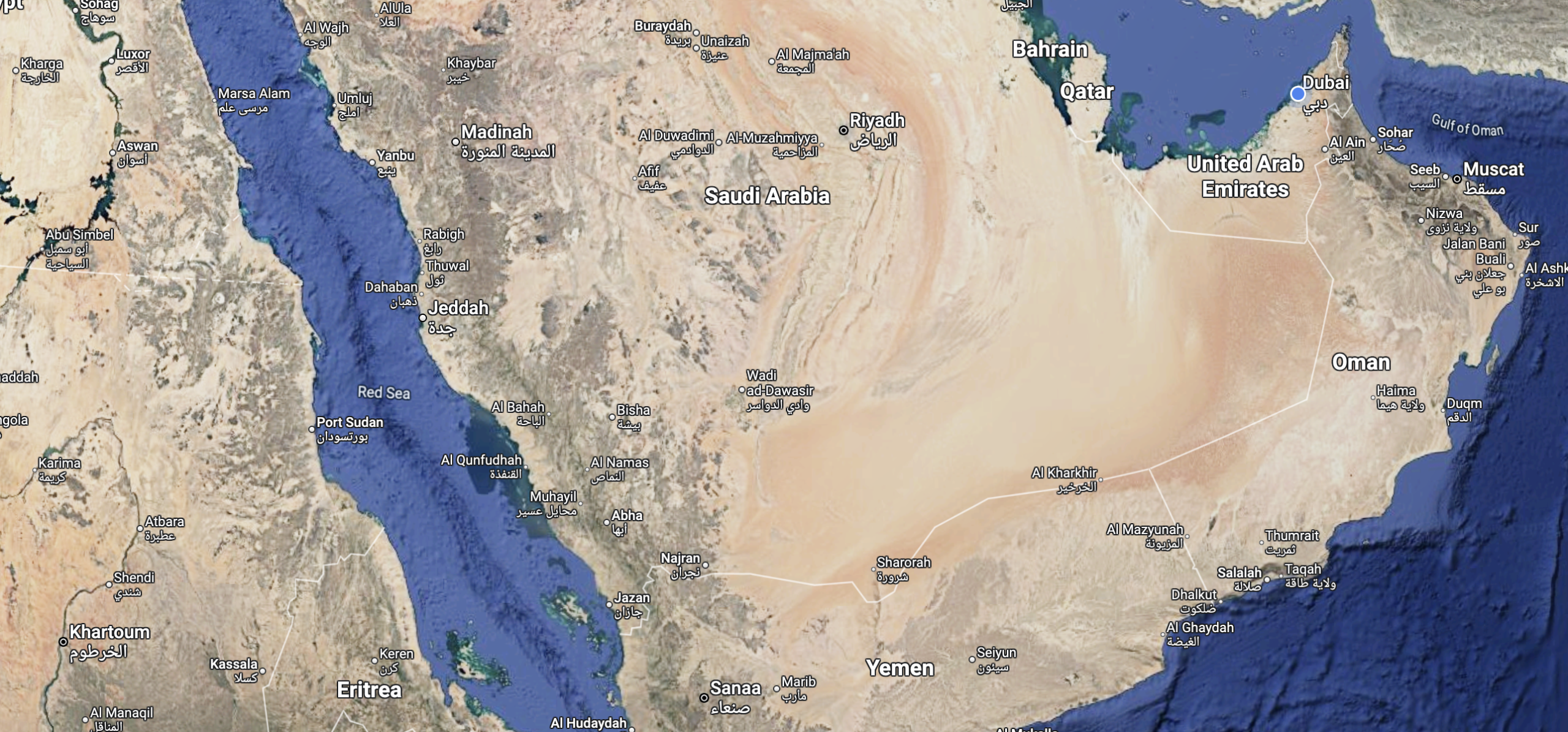I’ve been trying to learn about Arab culture and Islam. This, of course, has been triggered because of the lovely experience that Dubai keeps offering me. How was all this possible? How come they are so good at leadership? How did they build the tallest building in the world in the middle of the biggest financial crisis of the last two centuries? I mean, the crisis itself was related to real estate!
You can’t invent achievements like what you see in Dubai just overnight like that. There has to be an underlying culture, some deeper teachings on leadership, vision, even on project management.
They say they insist on economic diversification because of the trauma they experienced with pearling. Two centuries ago, they were relying almost exclusively on pearling. They would have the best divers in the world, jumping butt naked in the Persian Gulf, swimming to the very bottom with absolutely no equipment. As a consequence, they would have a market. People would come from all over the world to trade here.
One day, the people of India figured out a way to just farm pearls. Then they sold them cheaper. The emirati had no competitive edge. European merchants could not care less if they were wild or farmed. The buyers back home didn’t make a difference. If they did, you could just tell them they were wild pearls. Then you could sell to them with higher margins.
These people here were so resilient that they would either live in the desert or dive to the bottom of the sea, like it was nothing. They were not, however, economically resilient.
Until they figured out how to be, through diversification. As such, as soon as they struck oil, they tried to figure out ways to use that money to create new economic sectors. It is in Dubai where I finally understood the importance of excess real estate. Apartments need to be mostly empty because you need as many people as possible to come here to spend their money. They also need to leave to earn money elsewhere, and then come back.
I keep hearing westerners who haven’t even been here say that Dubai has no culture. I think they are confusing culture with status quo. Status quo is what you get in Europe. Status quo is expensive. You have to keep defending it while it doesn’t produce. What is even the point, then. I think this might be reminiscent of nation states ruled by extended monarch families. Old buildings are not culture, my friend. Old institutional European buildings are just status quo enforcement. Culture is actually fluid – it is a reflection of what a group of people understands as being common experience. Labubu is also culture. Many people also confuse culture with civilization. Culture is consequential while civilization is by design. Roman infrastructure is civilization. Social contracts are civilization.
[…] civilization has been primarily concerned with instrumental reason, while culture has addressed itself to specifics of expression.
Kenneth Frampton, Critical Regionalism (1972)
Now let’s talk about Arab civilization. I knew there was something to it before coming here. I knew it from some very small breadcrumbs of information at school. In the West, we use either Arab numerals or Roman numerals. Roman numerals are kinda stupid. You can’t use them for math.
The name “algebra” is from “al-jebr” – the reunification of broken parts. I think you can vaguely translate it with the German word “gestalt”.
I was in Spain for a vacation and I visited Alhambra by accident 2 years ago. I wasn’t expecting it to be there. I had forgotten that in history class we had to learn one very isolated phrase “Arabs were first in the Iberic Peninsula then, later, in the Arab Peninsula”. They were straight up kicked out of Spain – I think we can call it genocide by today’s standards.
I only know two processes of civilization that spread not by force, not by colonization, but adopted willingly. One is early Christianity. The other is Islam. Christianity was eventually used to unify people in Europe as rulers were both head of state and head of church (because, at the time, people were like wtf is a state anyway). Then it spread through pilgrimage in European colonies. So you could say it was eventually enforced.
In the 7th – 10th centuries, Islam spread through a mix of political expansion and voluntary cultural-religious adoption. But conversion itself was overwhelmingly gradual and voluntary, not forced.
While rulers of empires were enforcing and further refining Christianity and its rituals, Islam was all about educating. From the Iberic Peninsula, north Africa, all the way to Asia, people were speaking one language, using one alphabet, reading books on math, astronomy, philosophy, politics (translated from Greek in Baghdad, by the way) and generally how to be a better person.
Even the word jihad actually means something completely different than westerners think. It is not “religious war” but “spiritual war”. The war we have with ourselves in the process of bettering ourselves. Of civilizing ourselves.
Now let’s come back to more recent times. I finally saw Lawrence of Arabia. All three hours and 40 minutes of it, in one sitting. The movie is that good. It shows the Arab Peninsula during World War 1. There were disparate tribes that do not identify as Arabs but as following a certain ruler. It’s difficult to get educated in the desert. Lawrence kind of managed to trick them to work together and push out the Ottoman Empire from Damascus.
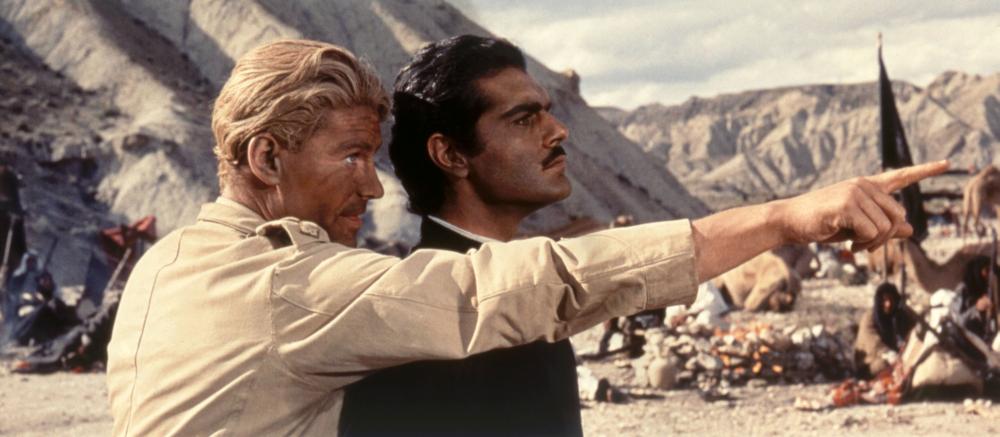
What he didn’t manage is to unify them. And that’s ok. To this day, they still compete with each other. Even the Emirates are in a little competition, among themselves. The UAE is all about diversification and tolerance (I think for them “tolerance” has a different meaning). Saudi Arabia is more traditional. Qatar chooses to double down on gas. All sides are completely justified. Good fences make good neighbours. Vast deserts and excellent leadership make good fences.
I have yet to even brush the surface on learning about these people. What I do know is that muslims can be in many ways. Arabs can be in many ways as well. But I think scholarly Islam reading resembles early Christianity more than, let’s say, Catholicism does. I also think that, back in Europe, we suffer from short sightedness probably caused by universalization. We sometimes confuse culture with civilization and status quo with justice. These people here seem to know the difference.
They participate in universalization only economically. Not necessarily morally, and definitely not spiritually.
I will let Paul Ricoeur take it away from here. This is from History and Truth (1955)
“The phenomenon of universalization, while being an advancement of man-kind, at the same time constitutes a sort of subtle destruction, not only of traditional cultures, which might not be an irreparable wrong, but also of what I shall call for the time being the creative nucleus of great cultures, that nucleus on the basis of which we interpret life, what I shall call in advance the ethical and mythical nucleus of mankind. The conflict springs up from there. We have the feeling that this single world civilization at the same time exerts a sort of attrition or wearing away at the expense of the cultural resources which have made the great civilizations of the past. This threat is expressed, among other disturbing effects, by the spreading before our eyes of a mediocre civilization which is the absurd counterpart of what I was just calling elementary culture. Everywhere throughout the world, one finds the same bad movie, the same slot machines, the same plastic or aluminum atrocities, the same twisting of language by propaganda, etc. It seems as if mankind, by approaching en masse a basic consumer culture, were also stopped en masse at a subcultural level. Thus we come to the crucial problem confronting nations just rising from underdevelopment. In order to get on to the road toward modernization, is it necessary to jettison the old cultural past which has been the raison d’être of a nation?… Whence the paradox: on the one hand, it has to root itself in the soil of its past, forge a national spirit, and unfurl this spiritual and cultural revindication before the colonialist’s personality. But in order to take part in modern civilization, it is necessary at the same time to take part in scientific, technical, and political rationality, something which very often requires the pure and simple abandon of a whole cultural past. It is a fact: every culture cannot sustain and absorb the shuck of modern civilization. There is the paradox: how to become modern and to return to sources; how to revive an old, dormant civilization and take part in universal civilization.”

